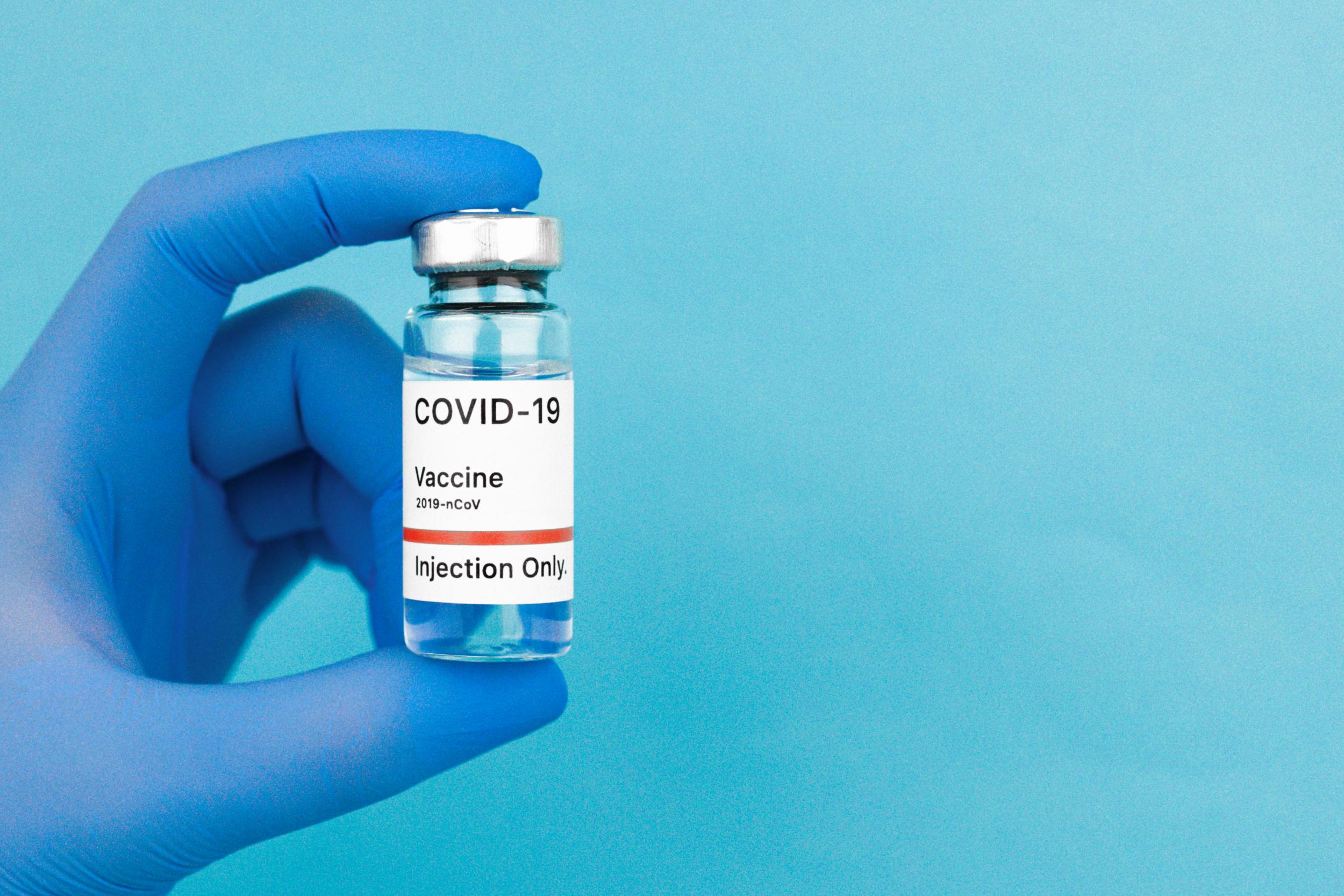Why Does COVID-19 Affect People Differently? Wellness Nutrition Solutions Explains
Coronavirus affects all of us differently. Wellness Nutrition Solutions is a leading provider of customized nutrition and health advice in Australia. For more information and to book an appointment visit www.wellnessnutritionsolutions.com.au or call 07 3117 9244.

Coronavirus affects all of us differently. Some of us get sicker than others. Some develop severe symptoms, while others don't develop any symptoms at all. Wellness Nutrition Solutions is educating the public about how the immune system works and why some COVID-19 patients get sicker than others.
How the immune system works
The first line of defense against pathogens in humans is known as the innate immune system. It includes physical barriers like our skin and the protective layers on the gut or throat, immune cells, and some chemicals in the blood. The innate immune system kicks in minutes to hours after an invasion to stop the spread of invaders throughout the body.
The second line of defense is known as the adaptive immune system. When the innate immune system slows the spread of pathogens throughout the body, the adaptive immune system starts developing white blood cells and antibodies to attack. The adaptive immune system keeps the information about the virus to make it easier to fight it again in the future.
Unlike the innate immune system that kicks in minutes to hours after an invasion, the adaptive immune system takes days to weeks to kick in. That is the reason why COVID-19 infected patients take several days before their blood starts showing antibodies.
The adaptive immune system also creates B-cells that attach to the virus. B-cells tag the virus to be destroyed by other immune cells in the body. The body then stores some B-cells as a memory of the virus to make it easier for the immune system to fight off similar infections in the future. Some B-cells are stored in the body for decades.
Why do some people with COVID get sicker than others?
Scientists are working hard to uncover all mysteries around the coronavirus. How the body reacts to the coronavirus depends on how strong the immune system is and several other factors.
When the coronavirus gets into the human body, the innate immune system kicks in to attack and remove the virus from the body. The adaptive immune system then kicks in after some days to remove the remaining virus and create a memory to help the body fight the virus in the future.
In people with existing severe diseases, the immune response to the virus is not strong enough to clear the virus from the body. As a result, the immune system sends reinforcement to control the virus. The immune system keeps sending more and more reinforcement and progresses to cytokine storms. During a cytokine storm, the immune system becomes hyperactive and causes inflammation to clear an infection.
If the immune system is still weak to clear the virus load, the inflammations spread around the body and disrupt vital functions. The increased inflammation can cause blood clots and damage organs like the kidney, lungs, brain, and heart.
The blood pressure then drops to dangerously low levels. Lungs start filling up with fluid. As the blood pressure drops, multiple organs start failing.
Ways to Boost Immune System
1. Vaccination
People with a weakened immune system are more likely to develop a cytokine storm. High blood pressure, cardiovascular diseases, diabetes, obesity, cancer, and HIV weaken the immune system. People with these conditions are at a higher risk of developing severe COVID-19 complications and should turn up for vaccination as soon as possible.
2. Eat a healthy diet
The immune system depends on nutrition. People that have a balanced diet tend to have a strong immune system. Opting for fresh and unprocessed foods, drinking enough water, eating less sugar and salts, and moderating fats and oil are key to eating healthy.
3. Exercise
Regular exercise can help boost the immune system. Moderate activities like cycling, running, and walking can also help lower the risk of severe diseases. The World Health Organization recommends 30 to 60 minutes of moderate exercise daily.
4. Get enough sleep
Lack of enough sleep can trigger stress, depression, and anxiety. All these tend to affect the immune system. Sleeping for at least 7 hours or more every day or more can increase immunity.
5. Quit smoking
Nothing good comes out of smoking. It is the leading cause of lung cancer. It also lowers the immune system, which is why smokers are more susceptible to severe COVID-19 complications. People who are smoking or vaping should consider quitting as soon as possible.
Wellness Nutrition Solutions is a leading provider of customized nutrition and health advice in Australia. For more information and to book an appointment visit www.wellnessnutritionsolutions.com.au or call 07 3117 9244.

